:::ICCE 2020
Keynote Speakers
Peter GOODYEAR |
|
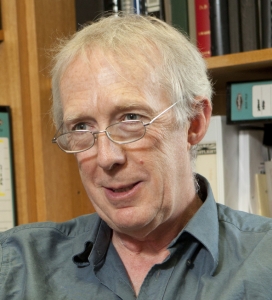
|
University of Sydney, Australia |
|
Title of Speech: |
|
|
Info:
Peter Goodyear is Professor of Education at The University of Sydney – a position he took up in 2003. From 2015 to 2017 he was the founding co-director of the University’s Centre for Research on Learning and Innovation (CRLI). Previously, he set up and co-directed the Centre for Research on Computer-Supported Learning and Cognition (CoCo) and led the Sciences and Technologies of Learning research network |
|
Vania DIMITROVA |
|

|
University of Leeds, UK |
|
Title of Speech: |
|
|
Info: Vania’s background is in Mathematics (BS, MSc, Bulgaria) and applied Artificial Intelligence (PhD, Leeds University). She lead research activity on user-aware intelligent systems, focusing on knowledge-enriched user modelling and adaptation, knowledge capture, ontological modelling and information exploration. Vanya chaired the premier international conferences on user modelling (UMAP) and intelligent learning environments (AIED, ECTEL), as well as a series of international workshops on key topics related to user modelling, social systems, intelligent exploration. She was an associate editor of IEEE Transactions on Learning Technologies (IEEE-TLT) and is currently a member of the editorial boards for the personalisation journal (UMUAI) and the Int. Journal on AI in Education (IJAIED). Vanya is regularly invited as a reviewer for the European Commission ICT programme, and have served on the advisory board for the UK programme in technology-enhanced learning. |
|
Sasha BARAB |
|

|
Arizona State University, USA |
|
Title of Speech: |
|
|
Info: Sasha BARAB is an internationally recognized Learning Scientist who researchers, designs, and publishes on the power of immersive games and platform technologies for supporting connected growth. He is a professor in the School for the Future of Innovation in Society and the Mary Lou Fulton Teachers College, and the Executive Director of the Center for Games and Impact at ASU. His research has resulted in numerous grants, over 100 published manuscripts, and multiple game-infused innovations that have been engaged by over 250,000 players to support learning and transformation. His current work extends the design boundaries from the bits and bytes of the game world to complex real-world ecosystems with the goal of helping all learners thrive in a complex, rapidly changing, digitally connected world. One recent project, ThriveCast, is based on an invite, enable, and release learning methodology and focused on cultivating growth and impact journeys so that more people can realize their potential. Across all work is a sensitivity to factors such as ecosystem integration, stakeholder alignment, enacted agency, and achieving sustainable and scalable outcomes |
|
Lung-Hsiang WONG |
|
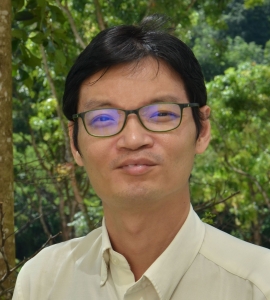
|
Nanyang Technological University, Singapore |
|
Title of Speech: |
|
|
Info: Lung-Hsiang WONG received his PhD (major in Computer Engineering) in 1998 and is now a Senior Research Scientist and the Co-Program Director of “Learning Sciences and Innovations” at the Centre for Research in Pedagogy and Practice, National Institute of Education, Nanyang Technological University, Singapore. He became a professional researcher in the field of technology-enhanced learning since 2005. Armed with his vast experience in conducting school-based intervention studies, he developed his niches in both mobile seamless learning and technology-enhanced language learning. He has become one of the key researchers in the mobile seamless learning field by developing the “10 Dimensions of Mobile Seamless Learning” (10D-MSL) framework which is one of the most well-referenced frameworks of the field. He went on to spearhead a series of funded research studies on mobile and seamless learning including “MyCLOUD”, a 1:1 mobile seamless language learning model which has later been integrated to the formal Chinese curriculum in five schools. He published two books which were touted as the first two scholarly books on mobile seamless learning, namely, “Seamless Learning in the Age of Mobile Connectivity” (as the lead editor) and “Move, Language Learning! – Discovering Seamless and Mobile-Assisted Language Learning” (as the lead author). He was named the APSCE Distinguished Researcher Award in 2015 and has won nine Best/Outstanding Paper Awards at various conferences. He is the immediate Past-President of the Asia-Pacific Society for Computers in Education and a Managing Editor of the SSCI-indexed Asia-Pacific Journal of Education. |
|
Invited Speakers
Chengjiu YIN |
|
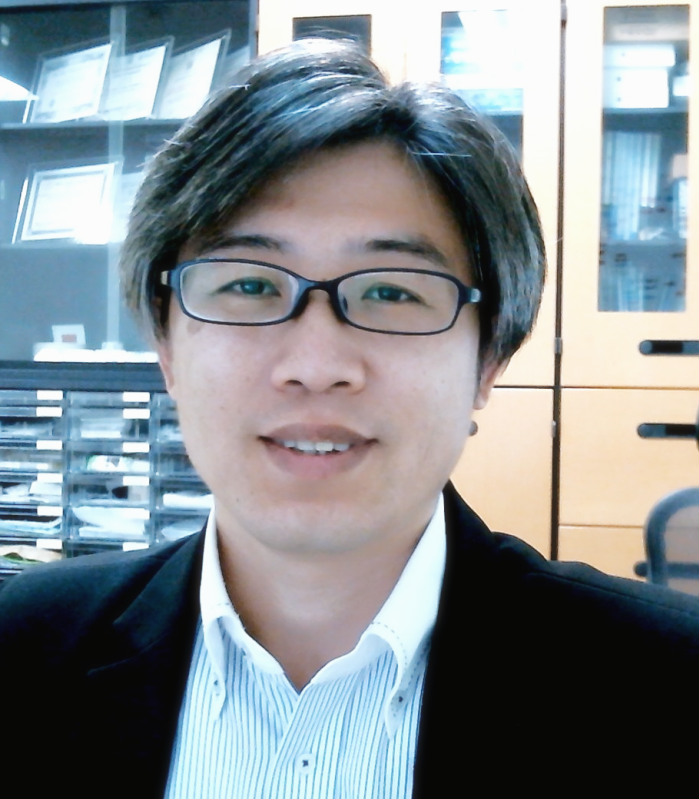
|
Kobe University, Japan |
|
Title of Speech: |
|
|
Abstract: In recent years, Learning Analytics has become an important issue in the field of computer technology. Learning Analytics is a central concern of educational institutions, as its value becomes increasingly visible (Chen, Yin, Isaias, Psotka, 2020). Different roles can get different benefits from Learning Analytics. In Japan, e-books are continually being introduced to educational institutions, and many researchers focus on doing Learning Analytics through e-books reading logs data. By using e-book systems, we can collect students’ learning behaviour logs, which recorded such behaviours as “open learning content,” “turning to the next page,” “returning to a previous page,” “adding a bookmark,” “adding a marker,” “writing a memo,” and so on. The talk begins by reviewing the previous researches about learning analytics in the last 10 years. I then present two case studies, which are about analysing the e-book reading logs. I will introduce the data collection procedures and how the learning strategies were identified with these two case studies. The first is “Identifying Learning Strategies Using Clustering” (Yin et al., 2018). In order to identify learning strategies from the learning logs, we visualized the learning log in time series, and grouped the students into clusters based on their learning of some meaningful measurements. An important finding emerged from the analyses: The backtrack learning strategy was found to have merit as it can help students save time when studying. The second is “Examining Learning Strategies Using Sequential Analysis” (Yin et al., 2017). In order to explore the learning strategies students adopted when reading academic papers. Progressive sequential analysis was used to infer the learning strategies of students when they were reading the academic papers. The analysis results identified many significant sequences that occurred while reading the digital textbooks. We then carried out interviews to ask the participants why they took such actions.There are also some interesting findings. |
|
Ting-Chia Hsu |
|
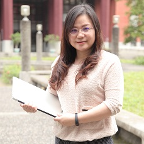
|
National Taiwan Normal University, Taiwan |
|
Title of Speech: |
|
|
Abstract: Dr. Ting-Chia HSU is currently a Distinguished Professor in the Department of Technology Application and Human Resource Development in National Taiwan Normal University. She is the Chair of The Special Interest Group (SIG) on Technology Enhanced Language Learning (TELL) in the computer education division in the Ministry of Science and Technology, Taiwan at present. She was also the chair of the TELL SIG in the Asia-Pacific Society for Computers in Education from 2018 to 2019. She is an associate editor of a SSCI journal named Frontiers in Psychology-Educational Psychology.She has published more than thirty SSCI journal paper and received multiple academic awards such as the Special Outstanding Talent Award, the Ta-You Wu Memorial Award rewarded by the Ministry of Science and Technology, and the winner of the Early Career Researcher Award 2018 in the Asia-Pacific Society for Computers in Education, and Academic Excellence Award in National Taiwan Normal University. Her research interests include computer education and educational technology. Dr. Hsu was awarded a government scholarship by Ministry of Education for project research abroad from August to October in 2011 (i.e., A visiting scholar in National Institute of Education in Singapore). She was granted a project research abroad by Ministry of Science and Technology from August 2019 to January 2020 (i.e., A visiting faculty in Massachusetts Institute of Technology, USA). From 2007, she has developed and evaluated some mobile-assisted language learning systems. The results found that the foreign language listening comprehension of the students using partial hidden captions was similar to the listening comprehension of the students using full captions. The hidden words avoid the students inputting information through reading text from eyes. The perception processing of ears becomes important so as to adapt the students to the features of reduced forms, assimilation, elision, and so on. On the contrary, unfamiliar vocabulary which was shown in the video captions so as to be read by the eyes of the students would assist students to recognizing the vocabulary they heard and prevent the students from confusing the vocabulary they heard with other words having similar pronunciation. Finally, she conducted an experiment to compare the effects of the identical caption-filtering and personalized caption-filtering on system usability, perceived satisfaction, enjoyment, and learning motivations. In conclusion, those studies attempted toimplement personalized mobile-assisted languagelearning systems by providing adaptively support or learning materials. |
|
Emma Mercier |
|
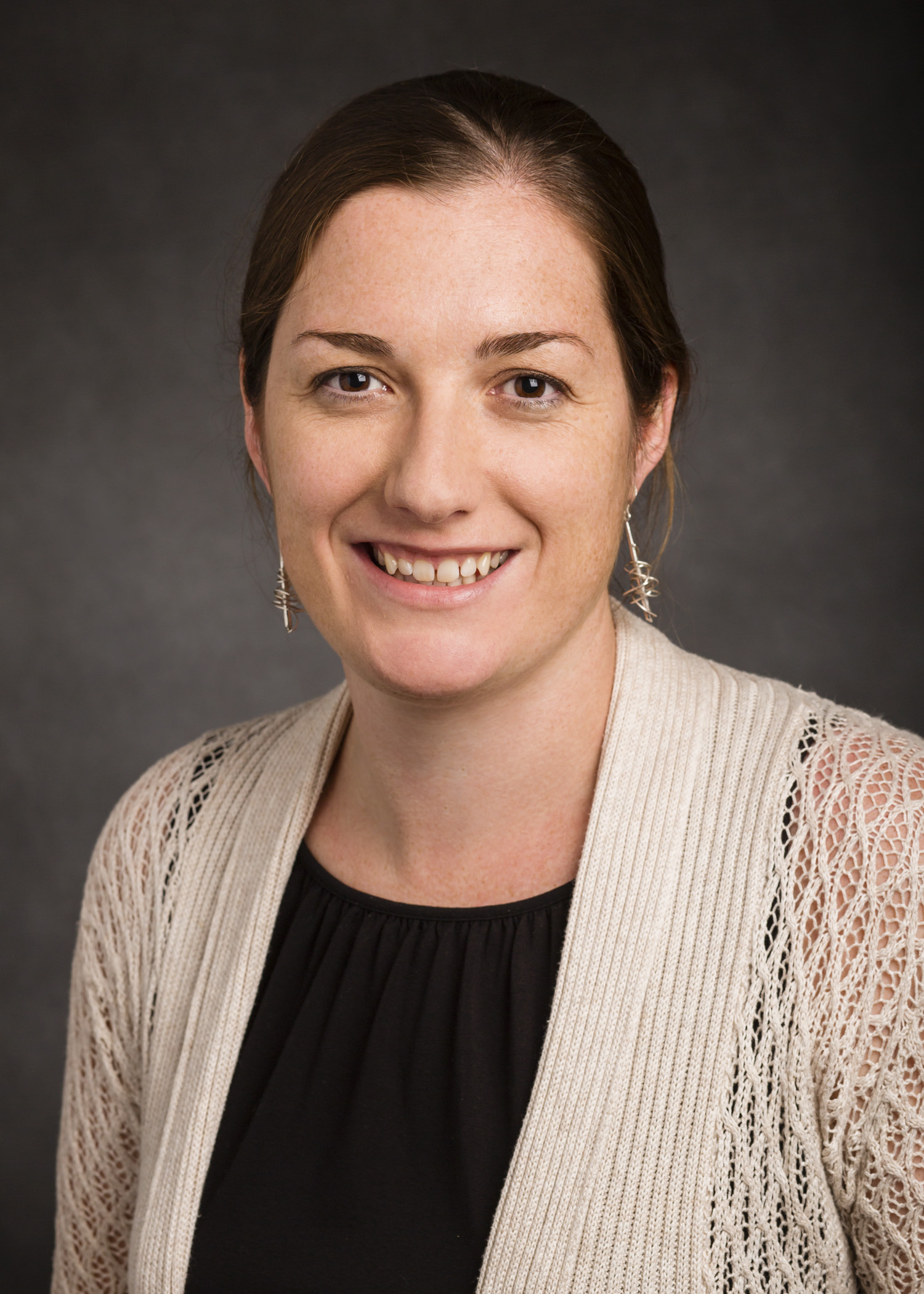
|
University of Illinois at Urbana Champaign, USA |
|
Title of Speech: |
|
|
Abstract: Designing and implementing CSCL for classrooms requires that we consider the interplay between multiple classroom features (teams, tasks, technology and teachers) and consider learning as it occurs across levels (individual, group, whole class). In this talk I will be draw on a multi-year design-based implementation research project, focused on supporting collaborative learning in large introductory engineering courses, to illustrate how these features and levels can be addressed. |
|
